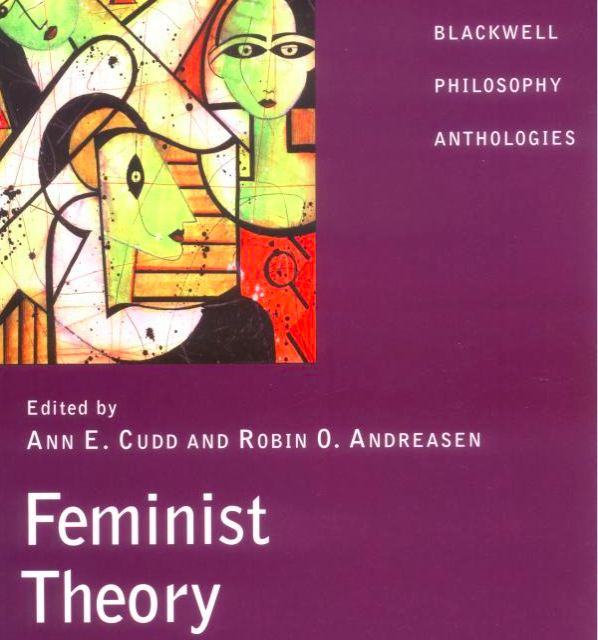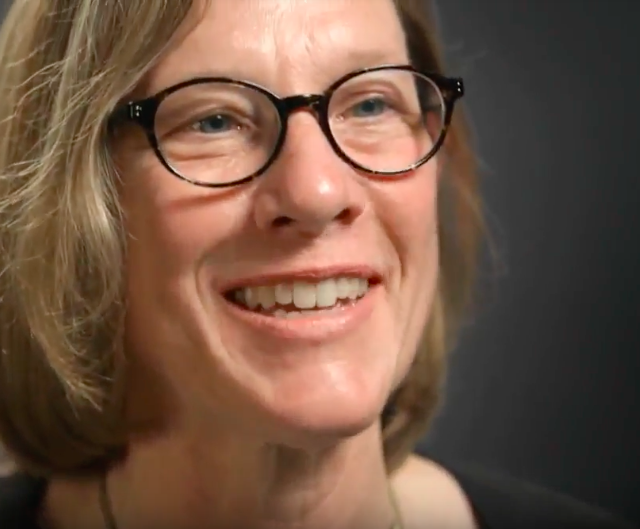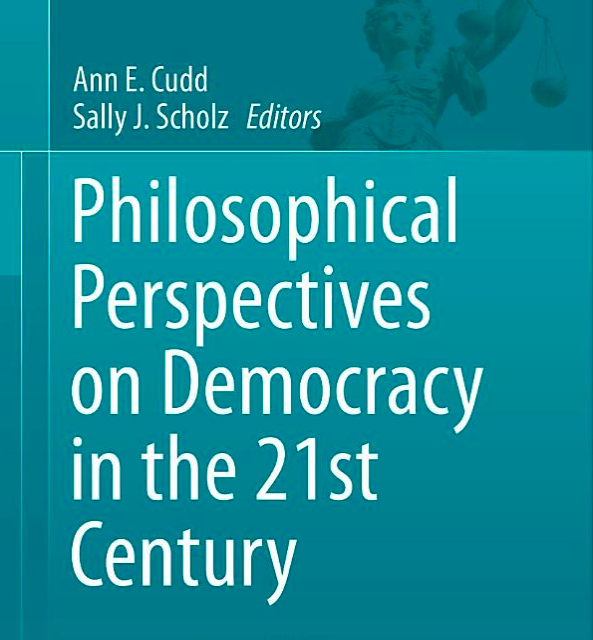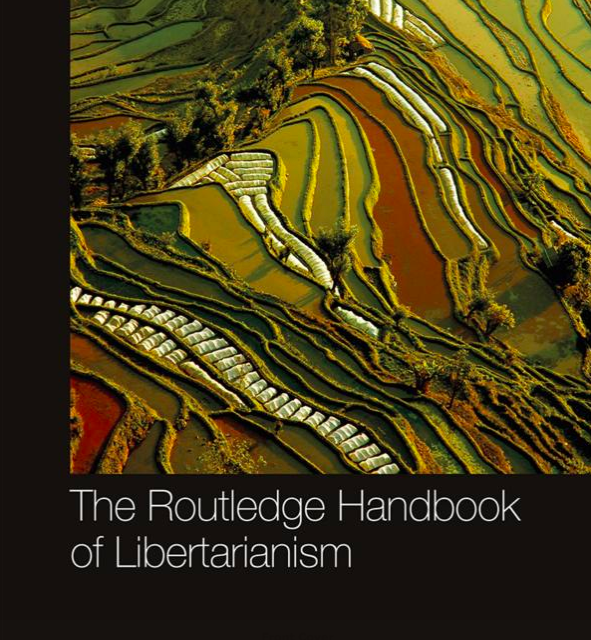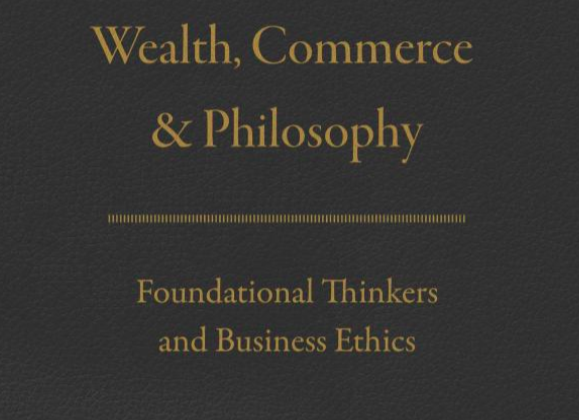Analyzing Oppression Oxford University Press 2006
 Analyzing Oppression presents a new theory of social oppression, which tackles the fundamental question: if there is no natural hierarchy among humans, why are some cases of oppression so persistent? Cudd argues that the explanation lies in the coercive co-opting of the oppressed to join in their own oppression. This answer sets the stage for analysis throughout the book, as it explores the questions of how and why the oppressed join in their oppression. Cudd argues that oppression is an institutionally structured harm perpetrated on social groups by other groups using direct and indirect material, economic, and psychological force. Among the most important and insidious of the indirect forces is an economic force that operates through oppressed persons’ own rational choices. The book argues that this force is especially insidious because it conceals the fact of oppression from the oppressed and from others who would be sympathetic to their plight. The oppressed come to believe that they suffer personal failings and this belief appears to absolve society from responsibility. While on Cudd’s view oppression is grounded in material exploitation and physical deprivation, it cannot be long sustained without corresponding psychological forces. Cudd examines the direct and indirect psychological forces that generate and sustain oppression. She discusses strategies that groups have used to resist oppression and argues that all persons have a moral responsibility to resist in some way. In the concluding chapter Cudd proposes a concept of freedom that would be possible for humans in a world that is actively opposing oppression, arguing that freedom for each individual is only possible when we achieve freedom for all others.
Analyzing Oppression presents a new theory of social oppression, which tackles the fundamental question: if there is no natural hierarchy among humans, why are some cases of oppression so persistent? Cudd argues that the explanation lies in the coercive co-opting of the oppressed to join in their own oppression. This answer sets the stage for analysis throughout the book, as it explores the questions of how and why the oppressed join in their oppression. Cudd argues that oppression is an institutionally structured harm perpetrated on social groups by other groups using direct and indirect material, economic, and psychological force. Among the most important and insidious of the indirect forces is an economic force that operates through oppressed persons’ own rational choices. The book argues that this force is especially insidious because it conceals the fact of oppression from the oppressed and from others who would be sympathetic to their plight. The oppressed come to believe that they suffer personal failings and this belief appears to absolve society from responsibility. While on Cudd’s view oppression is grounded in material exploitation and physical deprivation, it cannot be long sustained without corresponding psychological forces. Cudd examines the direct and indirect psychological forces that generate and sustain oppression. She discusses strategies that groups have used to resist oppression and argues that all persons have a moral responsibility to resist in some way. In the concluding chapter Cudd proposes a concept of freedom that would be possible for humans in a world that is actively opposing oppression, arguing that freedom for each individual is only possible when we achieve freedom for all others.
Reviewed by Ruth Sample on Notre Dame Philosophical Reviews
A dialogue about oppression and exploitation between Ann Cudd and Matt Zwolinski on Philosophy TV
Symposium on the book with three criticisms and Ann Cudd’s reply on Gender, Race, and Philosophy: The Blog







